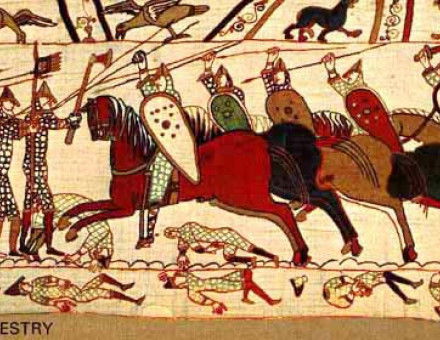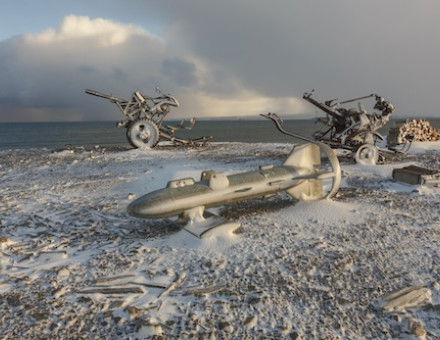The Wars of the Roses: Who Fought and Why?
Albert Makinson assesses the rival party claims of Lancaster and York, which afforded the pretext for a blaze of plebeian discontent and patrician lawlessness that filled England for the next one hundred and fifty years with a profound horror of civil war genealogy of the ruling family, and fewer still in the principles of parliamentary democracy.




